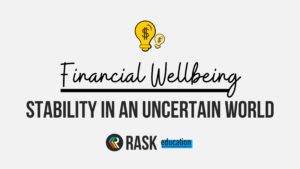Salary sacrifice can be used to divert part of an employee’s wage into superannuation.
Importantly, this occurs before you receive your salary. Meaning, you can arrange with your employer to have part of your wage paid directly into your super fund — by your employer.
For example, Barangaroo earns $100,000 but wants to contribute more to super. His employer agrees to pay $5,000 directly to his super fund. Barangaroo will have a taxable income of $95,000 ($100,000 – $5,000).
Pros
In the example above, Barangaroo makes good money ($100,000), so he will pay a high rate of tax (e.g. 37%). Because his employer’s contributions to super (on his behalf) are taxed at only 15%, he might pay less tax (15% vs $37%) by contributing money to super via salary sacrifice.
Cons
Salary sacrifice is a type of concessional contribution (“before tax”), which have yearly limits. Concessional contributions include the mandatory superannuation guarantee. If Barangaroo goes over the cap, he may be forced to pay extra tax.
Something else to think about: From 1 July 2017, anyone up to the age of 65 (and anyone aged 65 to 74, subject to the ‘work test’) can make concessional contributions to super by making a personal contribution (from their own pocket) and claiming a tax deduction.
For example, Barangaroo earns $100,000. He saves $5,000 in a bank account then contributes it to super. Then, he claims a tax deduction (after talking with his super fund and accountant, of course). See more here.
Finally, not all employers will offer a salary sacrifice arrangement – it’s not mandatory.
As always, it’s vital you speak to a financial or tax professional who can recommend the best strategy for you.
[ls_content_block id=”27643″]



